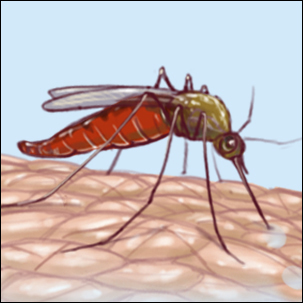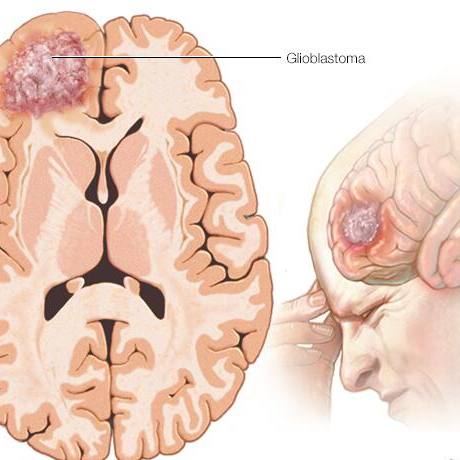-
Featured News
Consumer Health: Do you have bags under your eyes?
 Do you have bags under your eyes?
Do you have bags under your eyes?
Bags under the eyes are usually a cosmetic concern and rarely a sign of a serious underlying medical condition. Lifestyle and home remedies, such as reducing salt in your diet, not smoking, getting enough sleep and using cool compresses, can improve the appearance of bags under the eyes. However, they can be a sign of thyroid disease, infection or allergy. Learn about the causes of bags under the eyes and treatments available, and when you need to see your health care provider.
***
Also in today's tips ...
What is TB?
Tomorrow is World TB Day, an initiative of the World Health Organization to raise public awareness about tuberculosis (TB) and promote efforts to prevent it. TB is a potentially serious infectious disease that mainly affects the lungs. The bacteria that cause TB are spread from one person to another through tiny droplets released into the air via coughs and sneezes. Once rare in developed countries, TB infections began increasing in 1985, partly because of the emergence of HIV, the virus that causes AIDS. Learn about the symptoms, risk factors and treatment for TB.
Snacks: How they fit into your weight-loss plan
Well-planned, healthy snacks can complement your weight-loss plan. The key is to eat healthy snacks that satisfy your hunger and keep the calorie count low. Here are some creative and healthy ways to include snacks in your weight-loss plan.
Medication errors: Cut your risk with these tips
Medication errors are mistakes in prescribing, dispensing and administering medications. They injure hundreds of thousands of people every year in the U.S. Yet most medication errors are preventable. Learn how to protect yourself and your family.
CPR: First aid
CPR is a lifesaving technique useful in many emergencies, including a heart attack or near drowning, in which someone's breathing or heartbeat has stopped. CPR can keep oxygenated blood flowing to the brain and other vital organs until more definitive medical treatment can restore a normal heart rhythm. Even if you're not trained in CPR, you still may be able to save a life. Here's what to do if someone's breathing or heartbeat has stopped.
Related Articles







